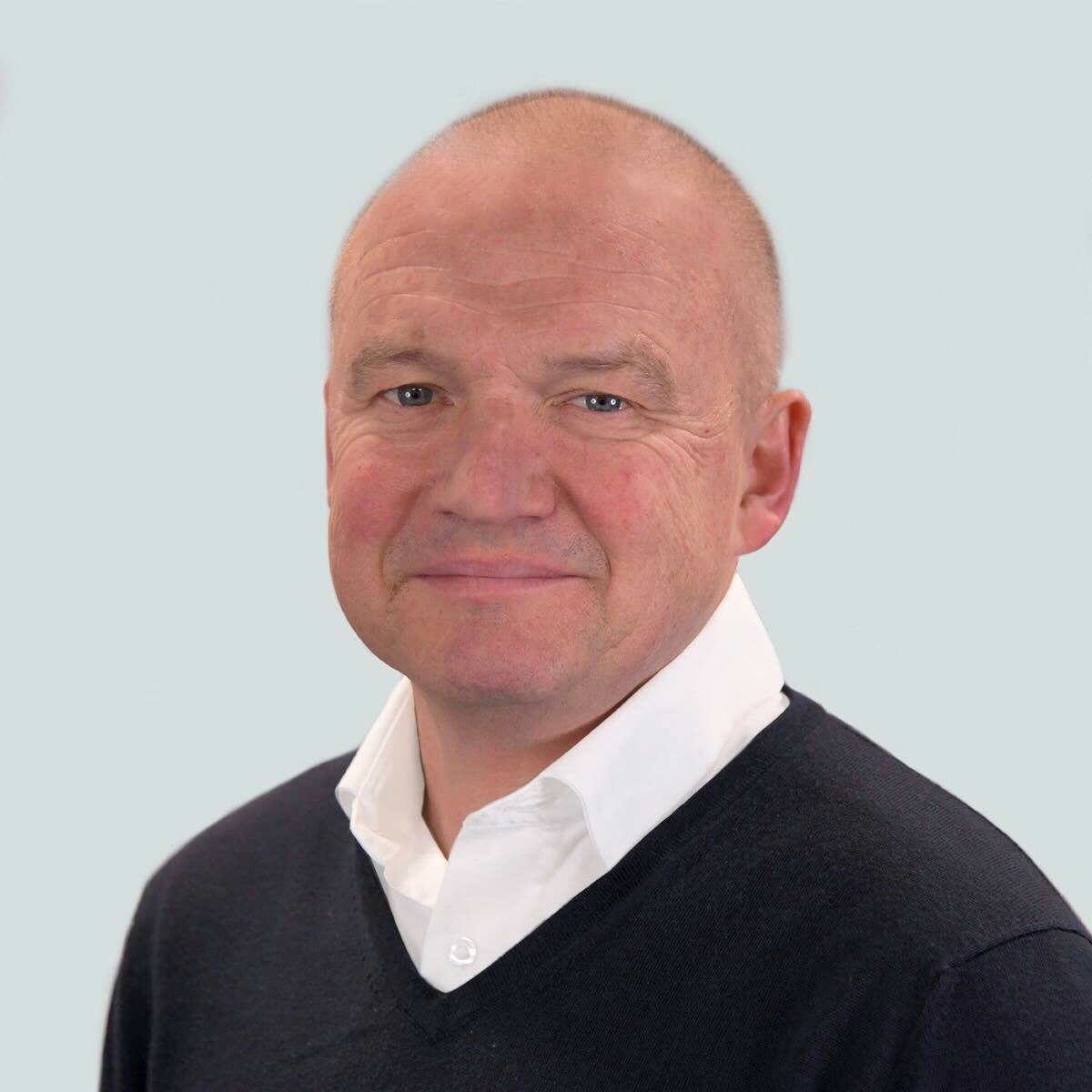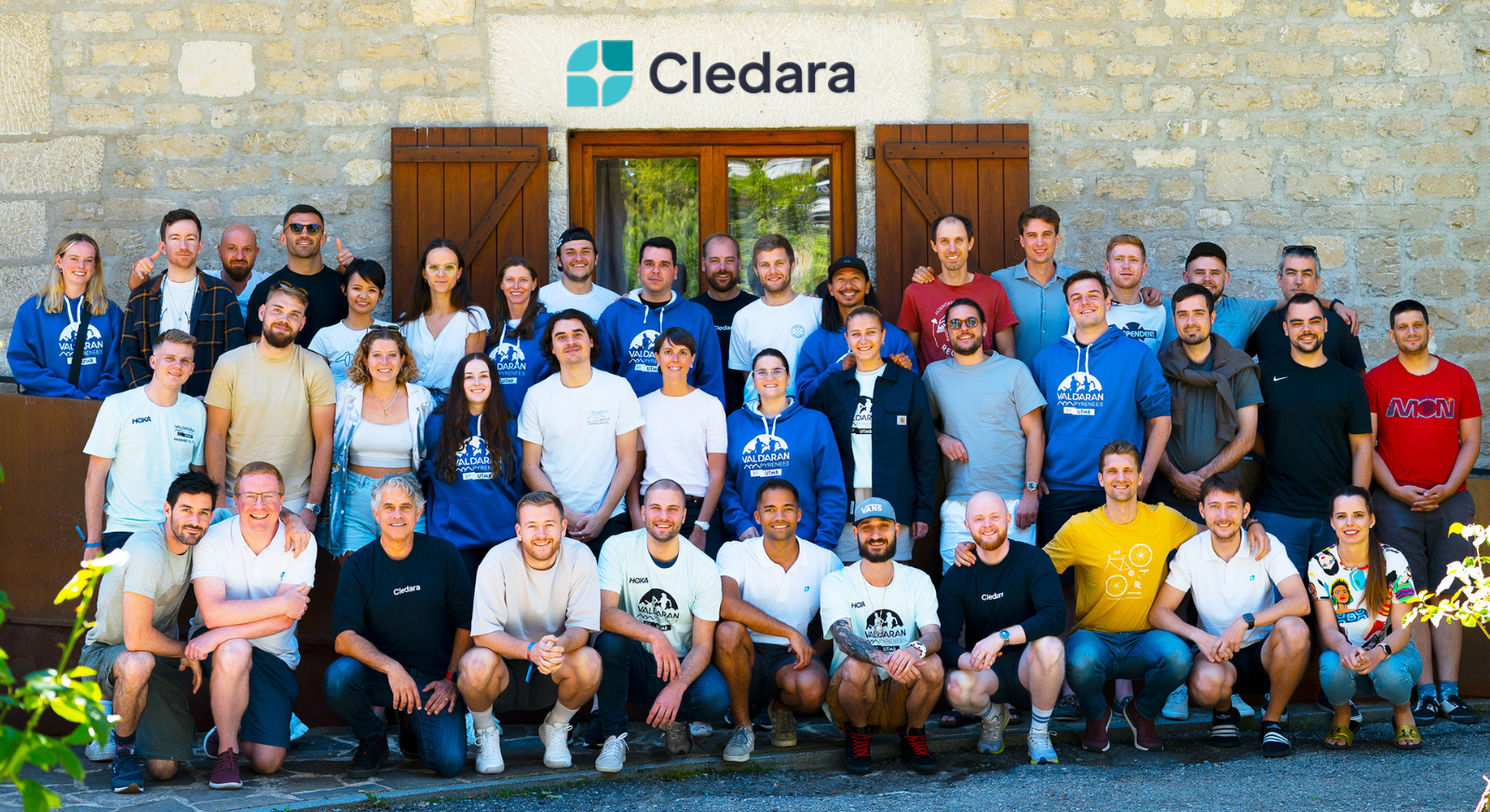Taavet Hinrikus was born in the Soviet republic of Estonia but then — like many of his compatriots — seized the business opportunities that opened up when the Baltic state returned to the market economy. He was the first employee of Skype and then co-founded Transferwise, the London-based fintech, with his fellow Estonian Kristo Käärmann. Here he talks with John Thornhill about the company’s origins and outlook.
You were the first employee of Skype; how did that come about?
I ended up meeting the Skype founders and they asked me to help them with something. That was before Skype. I was actually still in university, studying computer science. And then I helped them, and it turned into more than a full-time job. And then one of the next things I was working on became Skype, and I dropped out from university to focus on building Skype. I think, in retrospect, that was a good choice. And what I learned when building Skype, the experience of going through that kind of hyper-growth, was really valuable.
And then you moved to London and you set up Transferwise; how did that come about?
It was really during my time at Skype that I realised what a massive rip-off is happening with foreign exchange. First, I realised that the exchange rate that the banks use is very different to the exchange rate that we see on Google or that actually gets used between banks in the interbank market. Second, money took forever, three, four, five days to arrive. It kind of left me feeling puzzled and frustrated.
So Jeff Bezos would say: “Your margin is my opportunity.” You saw the fat margins that all these banks were making as a business opportunity?
Exactly. I met Kristo, who later became my co-founder, another Estonian guy living in London, and he had the same experience. We started talking about it and realised that there must be a better way of doing it. So, next month, I transferred money from my account in Estonia to his account in Estonia, and he transferred money from his account in London to my account in London, so both of these transfers are free and fast. And we looked at Google for the exchange rate. And, boom, very quickly, we had saved thousands of pounds in bank fees.
We realised this problem, many people have it. There are hundreds of millions of people who either work, live, or study abroad and we thought we could do something to help them. So, we built Transferwise and, in a very entrepreneurial, minimum viable product kind of way, we launched it. It was very different to what it is today; it didn’t look as fancy, we didn’t promise you a lot, but we put it out there to see if people are willing to trust a website which appears on the internet with thousands of pounds of their money. And, 15 minutes after launching, we had the first customer, sending £2,000. That was a kind of wow, what do we do now?
How did you get your brand name known? And how did you have enough resources to grow this as a viable business?
So, when we launched it, it was really the two of us, me and Kristo. We quickly realised that being just two of us won’t get us too far, so we started thinking, how do we run as quickly as possible? There’s a huge opportunity ahead but, clearly, you have to be fast in order to capitalise on it. We went to the venture capital community to raise money. And the result is now we have a team of 1,300 people, and we have a global company which is helping four million people move money across the world.
What’s the total size of your money transfers?
So, we’re moving about £3bn on a monthly basis today. We grew the business last year around 80% and going forward we’re looking at a similar growth rate, maybe 60 to 70%.
Now the European Parliament has voted to increase transparency in this market, when they adopt the cross-border payments regulation, is that going to help you?
It will absolutely help us; so, we are actually really proud that we are shining a light on what we look at as a global, huge issue. And what happens is people have no idea that banks are giving them such a bad deal, so they are not really pressuring their banks. There was a vote in the European Parliament adopting new regulations for cross-border payments, which will make it much more visible to everyone. I think it’s a huge win for everyone. Similarly, in Australia, the government asked the local competition authorities to take a look at it; I think we’re seeing that there is an overall movement towards more transparency happening around the world.
Now, you’ve attracted some big-name investors in Transferwise, Andreessen Horowitz and Richard Branson. How much money have you taken in in total in investment, and when are you looking to IPO?
So we have raised about $400m in total, over the years, and when it comes to an IPO, we have no plan today. We’re really focused on continuing to build this business, to see how far we can take it.
So, at the moment, you’re very much in scale-up mode?
Absolutely. Eventually, it’s highly likely we’ll be a public company, but it’s not something that we are actively working on as we speak. I don’t think it would be easier to keep on growing the business if we were public. We have enough capital, in the world today, there is access to enough capital as a private company, and our investors are very happy if we keep on focusing on growing and scaling.
How many countries are you now operating in, or how many currencies, perhaps more relevantly?
We are available in more than 40 countries. Very big markets for us are US, Brazil, Canada, over on the west, and all over Europe. And then also Australia, Singapore, Hong Kong, Japan. The problem we’re dealing with is inherently global.
One way that you’ve been able to build your brand very quickly is because you’ve had some quite “out-there” advertising, marketing; has that been a very deliberate strategy? You’ve had scantily-clad models in very cold places, and you’ve had Spiderman climbing the GDF Tower in Paris. Was this all part of the brand image, that you wanted to make an impact?
I think when you start out building a business you do need to stand out. I think we’ve had a disruptor mindset from the beginning. We did things which were a lot of fun to do. They did give us quite a lot of publicity, but I’m not sure these would be the right things to do anymore. I kind of look at this as a journey of growing up; things you did as a teenager, you probably don’t want to do anymore. You maybe want to forget about doing them in the first place. As a brand, we still stand for the same things, but I think maybe the tools we use should evolve. They have evolved.
What’s the hardest thing for a company that is growing this fast?
Hiring people. We hired more than 500 people in the past year. I don’t think there is one single secret, it’s about using your existing employees as recruiters. Everyone has friends, everyone that works for you is the best ambassador for the company. It’s about making yourself known as a great place to work, taking good care of people. There’s no single silver bullet, unfortunately.
And which are the skills that you’re looking for that are in the most short supply?
We are hiring people all over, from customer support to data science to marketing, and it’s really hard to say which one is the hardest. I think they’re all hard. Maybe we need to hire ten customer support people next week, so that’s a challenge for someone. And then finding the right person for product marketing in India is a different kind of challenge. I don’t want to say that one is more or less valuable, or harder; they’re all really important, and all hard to do at scale.
Has Brexit made it a lot harder to find good people?
I think we haven’t seen the full picture yet. Anecdotally, we get questions from lots of people who work for us in London, we have hundreds of people in the London office and many of them are not British. So that was the first question I had from the people who work for us; what’s going to happen to me? Am I going to be allowed to stay here? Myself included, I’m an Estonian, I don’t have a British passport. I live here, I like to live in London, am I going to be allowed to stay?
And I imagine Transferwise is a very mobile business, so you could move to Berlin or Dublin if you so wanted?
I guess we could. We never thought about moving the company. We are headquartered in London and we’re really happy with that. We will need to open up another office in Europe, to serve our European customers. And if it becomes harder to hire in London, we’ll hire those people elsewhere, which is unfortunate for London, but as a company, we need to keep on hiring these people, so we’ll hire them wherever we find them.
How do you offer keener prices than other people when you appear to have the same funding sources?
If you go onto intra-bank markets the cost of exchanging millions of euros into millions of pounds is not as high as a retail bank may charge its customers. We don’t have a retail office branch network to support, we are actually really good at making use of technology to automate things, so it’s really about being efficient and being focused on offering one service really well. And that means that you can do it in a profitable way, without having to have a loss-leader strategy, and without taking any amount of risk.
Does that give you sufficient enough moat to defend your business? Can’t other people do exactly the same as you’re doing?
Of course they can, and, in the end, competition is probably good for everyone. Yet, I think payments inherently are a scale business. It’s taken us seven years to build our infrastructure and we’re continuing to do it. We were the first non-bank to get access to the Faster Payment network in the UK, which enabled us to move money instantaneously. Doing all of these things is a huge investment we’ve made, and we’re continuing to do it, and that means the price we can offer our customers becomes lower and lower. Because we have the same infrastructure, we put more and more payments through it. So I think actually the scale effects are really big here and anyone starting today will need to invest for seven years to get to where we are. But, guess what? By that time, we’re going to be at a whole different point, or set-up. So I feel really good about having a very long-term strategy, focused on the same things as we’ve been doing so far.
How does London stack up as a centre for fintech, relative to Silicon Valley, or China?
I think London is the fintech capital of the world; it’s a unique place, where you get fin and tech coming together in way that doesn’t happen in Silicon Valley, or in New York. I’m less familiar with China, and I think China tends to be a somewhat closed ecosystem, so while, on a macro view I think China is very competitive to Silicon Valley and to Europe, when it comes to offering fintech services for the western world, I don’t think the Chinese company will be in the picture anytime soon.
I think London is a great place and, if you look around, the number of fintech successes here, with Monzo being really successful taking on the current account market, Funding Circle just IPO’d, peer to peer lenders, I think we are seeing London as a fantastic place and the best place to build a fintech company.
Do you think European companies are now learning to ‘blitzscale’?
I think so. It’s absolutely true that there’s much more experience doing it in Silicon Valley, it’s hard to do it in Europe because, to find people who have done it, it’s really hard. And convincing people to move from Silicon Valley to London is also hard. But, as we build up a European generation of companies, Europe is starting to have that experience. Look around the companies that have IPO’d. These companies have performed super-well in a soft market. You could even say better than the American peers.
So your ambitions really are global, not just European?
Absolutely.
And who would you see as your biggest competitors at the moment?
It’s the banks, it’s the Barclays, it’s the Citibanks of the world, that’s what customers use right now. If they don’t know how much they’re paying them, they’ll keep on using it, so transparency will help people open their eyes and will make more and more people switch to better alternatives.
This is an edited transcript of an FT Tech Tonic podcast.


